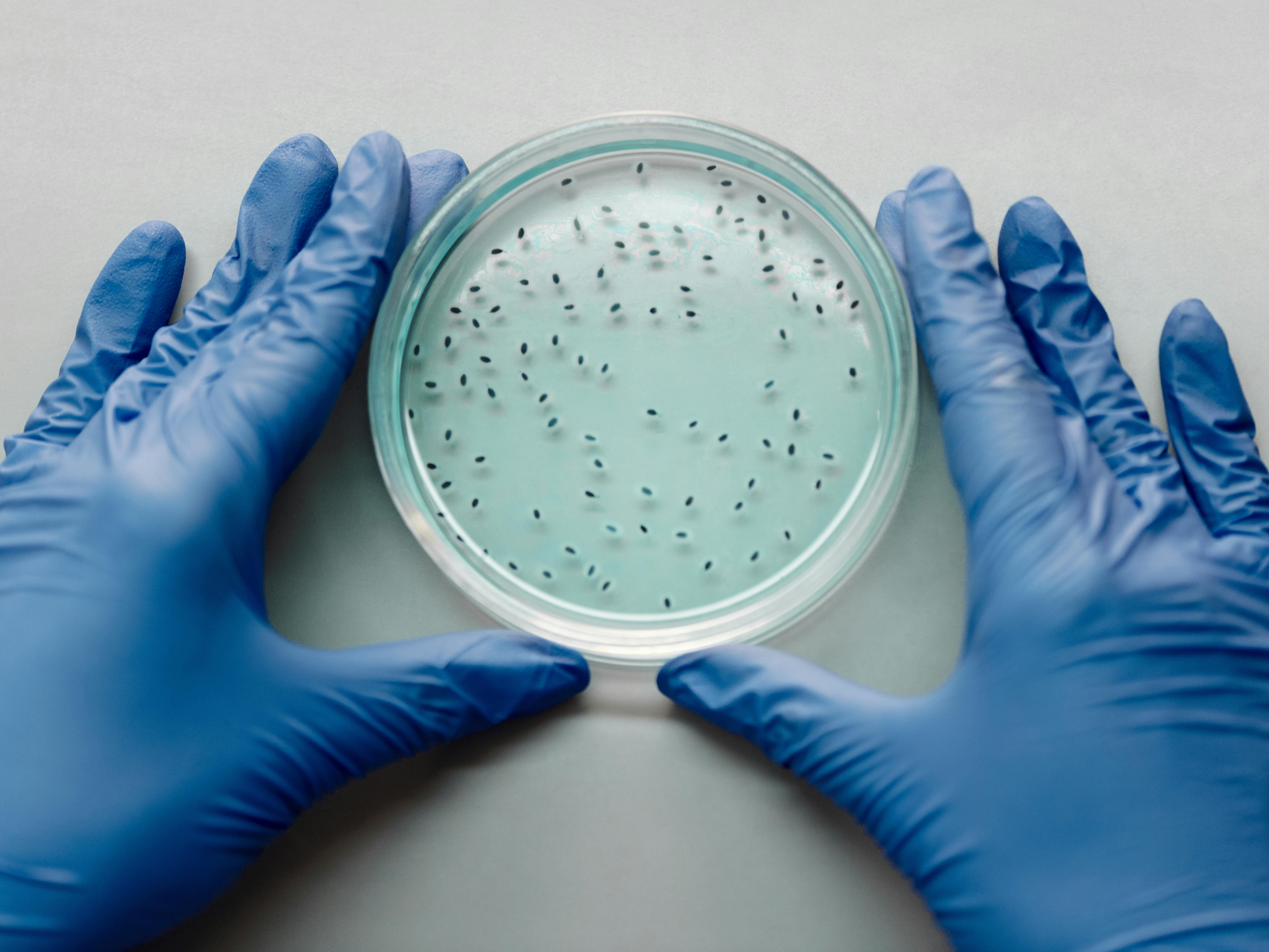3/4/2024
On February 16, the Alabama Supreme Court ruled that embryos frozen for IVF are considered children. The original suit was filed after a 2020 accident destroyed the embryos of three couples. The accident occurred when a patient from the hospital wandered into the fertility clinic and accessed their cryo-chambers, which is where they stored embryos. The patient attempted to remove a tray. Not realizing they were stored at freezing temperatures, he burned his hand and dropped it, destroying the embryos. The three couples then sued the hospital and fertility clinic for both “negligence and wantonness” and “wrongful death of a minor.” Regarding the wrongful death charge, the trial court dismissed the claim which led the couples to file an appeal where the Alabama Supreme Court ruled in their favor, granting personhood to in vitro embryos.
The impact of the ruling was felt immediately, as two out of the eight fertility clinics in Alabama have shut down in vitro fertilization (IVF) services, disrupting the treatment of many people in Alabama. The legal precedent set would make doctors liable to face criminal charges for any embryos that die during the treatment they provide. This is especially concerning given that, on average, 45 percent of embryos that are grown in a lab die. As reproductive endocrinologist and infertility expert Dr. Eve Feinberg said, “Who wants to assume that risk?”
Fortunately, Alabama legislators were quick to pass a series of bills protecting IVF medical providers from any civil or legal suits that would charge them as criminals. Passed only two weeks after the Alabama Supreme Court decision, the brevity in which the legislation came to be emphasizes the direness of the situation. As does the bipartisan support for the bill, where Representatives came to a 94-6 vote and senators came to a 32-0 vote.
While these bills protect medical providers, they do little to protect the rights of prospective parents. Since embryos are now considered people, there is endless potential for the state to take legal action against patients who no longer wish to use their embryos, as discarding them could now be considered “wrongful death of a minor.” Additionally, it has made IVF an even more tedious and difficult process than it already was. This can be seen in the case of LeeLee Ray, who was turning to IVF via a surrogate to make her dreams of having children come true. In her lifetime, she had experienced eight miscarriages, several surgeries, and one ectopic pregnancy. Despite her struggles, she was beyond ecstatic at having been matched with a surrogate. However, she will be unable to have her embryos transferred out of state due to the newly presented risks set by judicial precedent.
IVF was a process created by biomedical engineers to help those struggling with infertility have children. A principle of the biomedical code is autonomy, the idea that medical workers must respect, uphold, and protect the wishes and rights of their patients. According to a paper by the National Institutes of Health, “autonomy does not extend to persons who lack the capacity (competence) to act autonomously.” In other words, those undergoing IVF, not the embryos, are those that we must aim to protect. Thus, biomedical engineers must vouch for these protections and continue fighting for them when they are being infringed upon.

